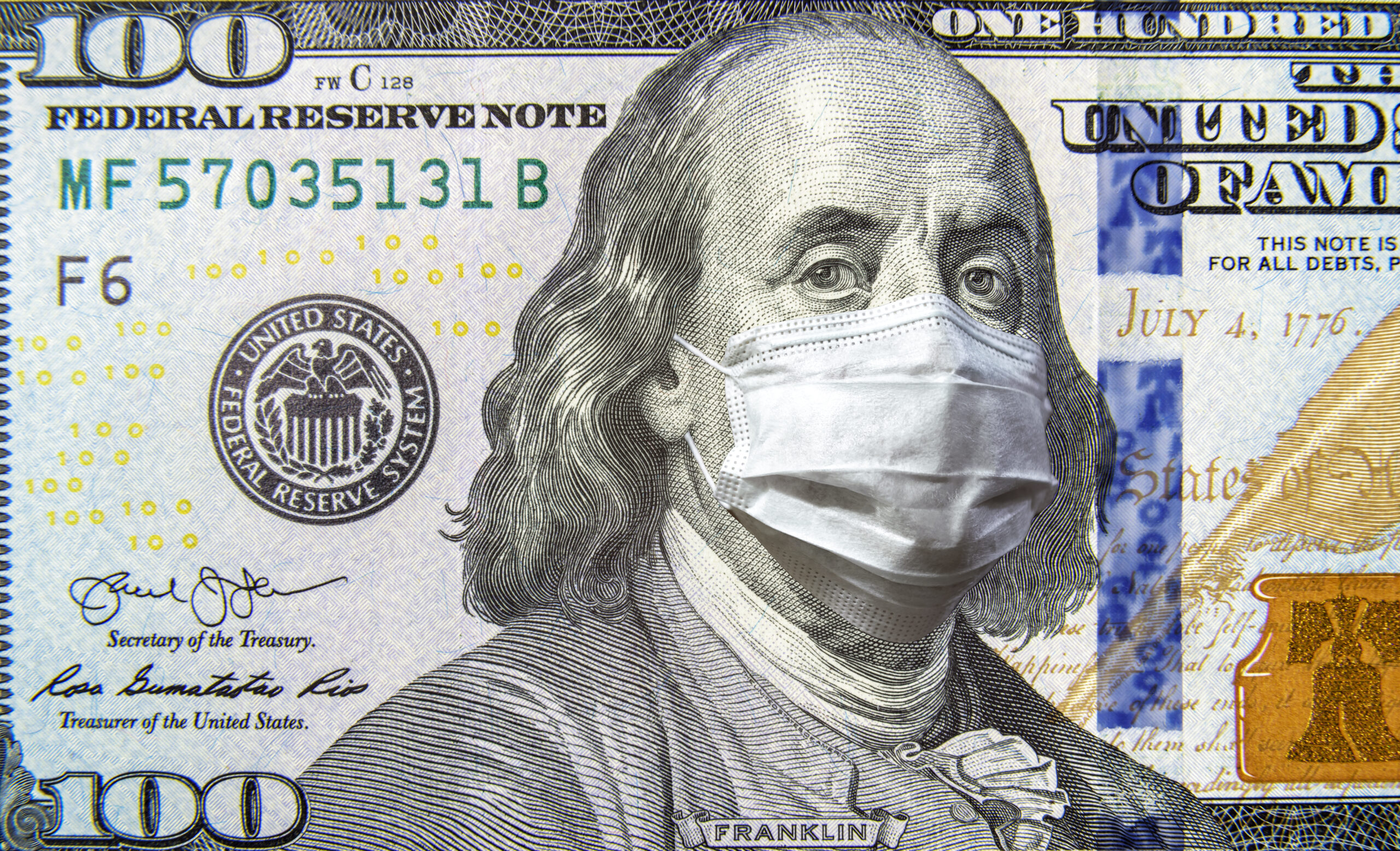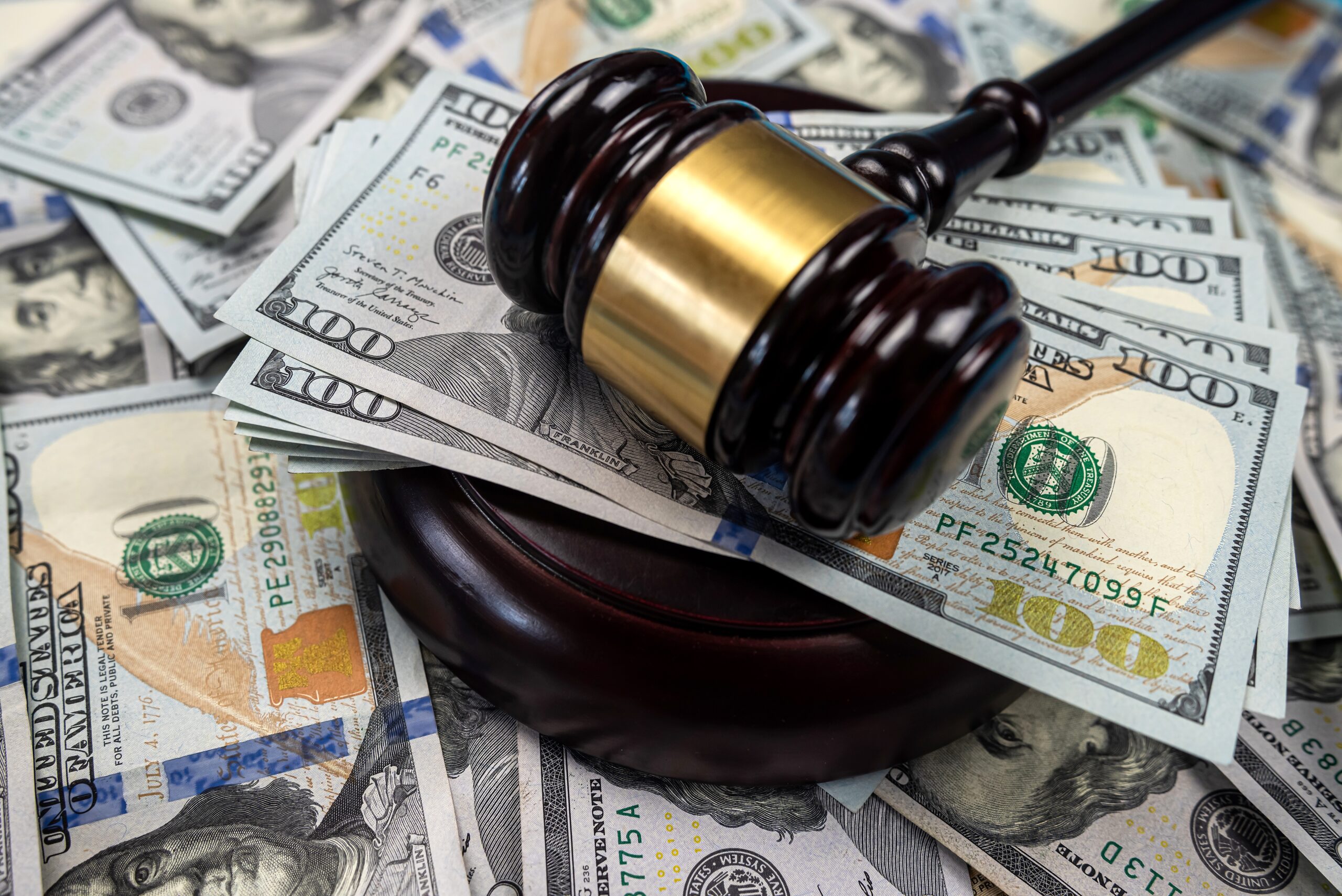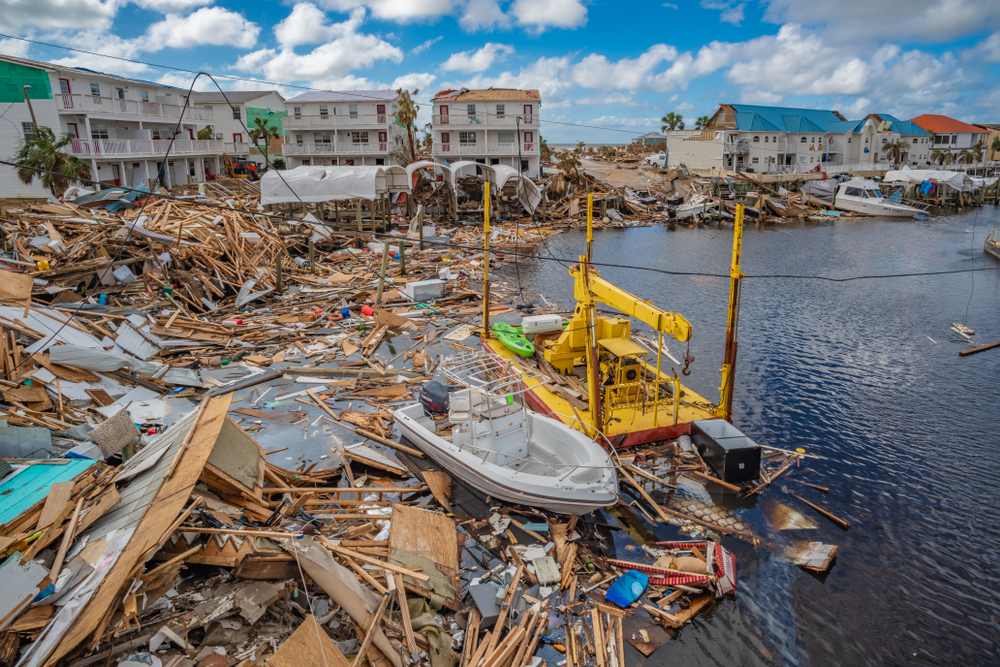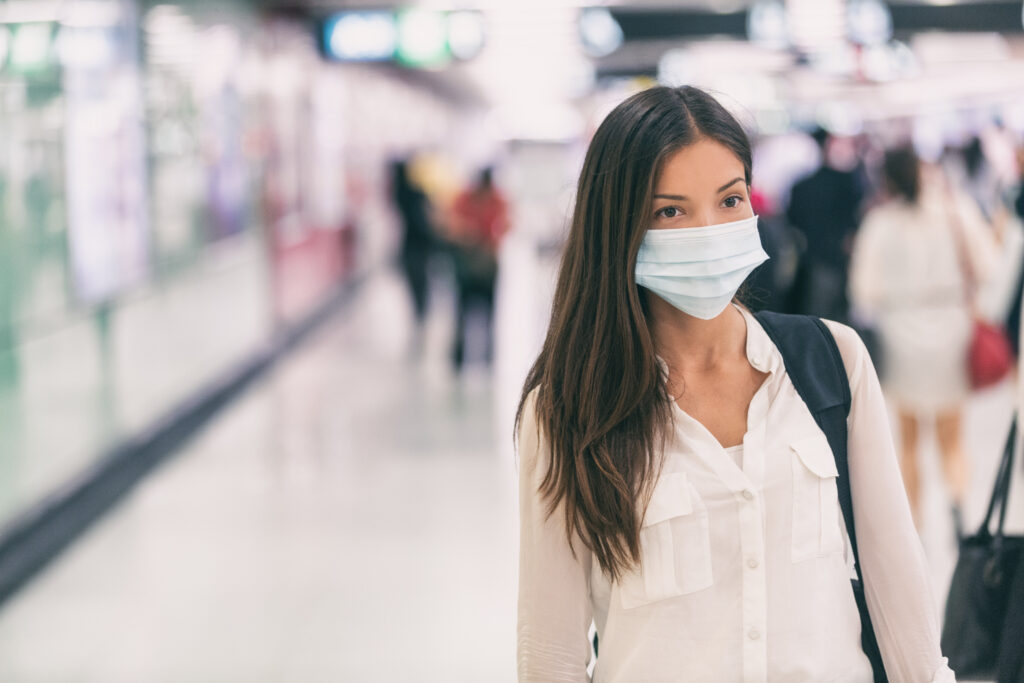Initial Covid-19 Court Decisions
In the first few months of the Covid-19 pandemic, a massive number of Covid-19 insurance lawsuits were filed by personal injury lawyers with minimal experience in insurance recovery litigation.

Don’t Make Us Pay Our Fair Share of Covid-19 Losses
They filed suit, asserting claims on behalf of nail salons, tattoo parlors and small family-owned restaurants, many times without even alleging the presence of coronavirus . The initial results were expected – insurers filed motions to dismiss in response to policyholders’ complaints, resulting in one court dismissal after another. Understandably, policyholders took notice, particularly larger, more sophisticated companies, often times opting to defer litigation until the dust had settled. In the meantime the insurance industry continued its strategy of full claim denials, without exception, regardless of facts or policy language at issue.
Recent Pro-Policyholder Covid-19 Court Decisions
Recently, as the second wave of the coronavirus continues to infect tens of millions of more people and continues to impact most of the world’s business, additional insurance lawsuits were filed, this time by sophisticated companies with the help of experienced insurance coverage litigators, involving actual or suspected Covid-19 test positive cases on site and insurance policies without virus exclusions.
Better Pleading – Better Results
The major issue in these cases is whether policyholders had adequately alleged in their complaints that they knew or suspected employees, vendors or guests were infected with the virus at the time they were on site, such that that these policyholders satisfied the pleading requirement that the virus had caused a risk of “physical loss or damage” to their property, i.e., the virus was present, and that it either caused damage to the insured premises or prevented use of insured property for its intended purposes.
These recent business income Covid-19 lawsuits have resulted in a surge in the number of pro-policyholder Covid-19 court decisions, rejecting insurers’ motions to dismiss and properly allowing policyholders to proceed to discovery and ultimately to trial. This time, it is the insurance companies that have taken notice, now realizing they’re looking at even more Covid-19 business income claims being filed, more litigation, and more risk of having to pay these claims.
The Surge in Pro-Policyholder Decisions
Just in the past two months, nearly a dozen courts around the country have denied insurance companies’ motions to dismiss, finding that policyholder-plaintiffs have adequately alleged the virus had caused “physical loss or damage,” and in one case involving a virus exclusion, a federal district judge ruled that the exclusion was ambiguous.
1. The Presence of Coronavirus Damages Property
For example, the federal district court in St. Louis, Blue Springs Dental Care, LLC v. Owner’s Insurance Co., Case No. 20-CV-00383-SRB (W.D.MO Sept. 21, 2020), in noting that, like most property policies, the term “physical loss” is not defined in the policy, adopted a “plain and ordinary meaning” of that term – physical means “having material existence; perceptive especially through the senses and subject to the laws of nature,” and “loss” means “the act of losing possession” and “deprivation.” Applying these common sense definitions to Covid-19, the court concluded that because the insured had satisfied its pleading obligations by alleging that,
the presence of Covid-19 on and around the insured property deprived Plaintiffs of the use of their property and also damaged it
The Court logically concluded that “it is likely customers, employees, and/or other visitors to the insured properties over the recent months were infected with the coronavirus,” causing plaintiffs to suspend their business operations.
2. Dismissal is Improper, Even if the Presence of Coronavirus is not explicitly Plead.
In New Jersey, a state court judge further advanced policyholders’ claims by denying an insurance company’s motion to dismiss on the issue of “physical loss or damage” even though the policyholders did not allege that any single person was infected with the virus while on site, concluding that the policyholders “should be afforded the opportunity to develop their case and provide the event of the Covid-19 closure may be a covered event under the Coverage C, Loss of Income, when occupancy of the described premises is prohibited by civil authorities.” Optical Services USA/JCI v. Franklin Mutual Ins. Co., No. BER-L-3681-20 (N.J. Super. Ct., Law Div., Bergen Cty. Sept. 17, 2020).
3. Virus Exclusions are Ambiguous and Construed in Favor of Coverage.
In a truly ground breaking decision and one certainly sending shock waves through the insurance industry, a federal judge in Florida denied an insurance company’s motion to dismiss in a claim involving a policy with an express virus exclusion which barred any claim for “loss or damage caused directly or indirectly by the presence, growth, proliferation, spread, or any activity of fungi, wet rot, dry rot, bacteria or virus.” Urogynecology Specialist of Florida LLC v. Sentinel Ins. Co., Case No. 6:20-cv-1174-Orl-22EJK (M.D. Fla. Sept. 24, 2020). Here, the court concluded that the case should proceed forward because none of the cases cited by the insurer, mostly involving pollution, “dealt with the unique circumstances of the effect of Covid-19 has had on our society – a distinction this Court considers significant.”[1]
Strategies to Capitalize on Recent Pro-Policyholder Covid-19 Court Decisions
These recent cases are just the front edge of a continuing surge in the number of pro-policyholder Covid-19 court decisions around the country. As a result, policyholders can and should pursue their Covid-19 claims. As we predicted at the start of the pandemic, Insurance Companies Will Pay For Covid-19 Losses.
As more courts follow suit, the pressure on insurers to settle claims will increase significantly, but litigation is likely a necessary first step towards this outcome. Insurers will not settle unless they face the prospect of adverse court decisions and the resulting risk of a jury trial. Policyholders that opt to sit on the sidelines risk having their claims compromised by bad lawyering and bad fact claims pursued by unsophisticated, poorly represented businesses.
[1] Other recent pro-policyholder Covid-19 court decisions include: Studio 417, Inc. v. Cincinnati Ins. Co., No. 6:20-cv-03127 (W.D. Mo. Aug. 12, 2020); Somco, LLC v. Lightning Rod Mut. Ins. Co., No. CV-20-931763 (Ohio Cir. Ct. Aug. 12, 2020); K.C. Hopps, Ltd. v. Cincinnati Ins. Co., No. 4:20-cv-00437 (W.D. Mo. Aug. 13, 2020); Ridley Park Fitness LLC v. Phila. Ins. Cos., No. 200501093 (Pa. Cty. Ct. Aug. 31, 2020); SSF II, Inc. v. Cincinnati Ins. Co., No. 20CV002644 (Ohio Cty. Ct. Sept. 8, 2020); Francois Inc. v. Cincinnati Ins. Co., No. 20CV201416 (Ohio Cty. Ct. Sept. 29, 2020); and Best Rest Motel Inc. v. Sequoia Ins. Co., No. 37-2020-00015679 (Cal. Cty. Ct. Sept. 30, 2020); North State Deli LLC v. Cincinnati Ins. Co., No. 20-CVS-02569 (N. Carolina General Ct. Justice, Durham Cty.).



